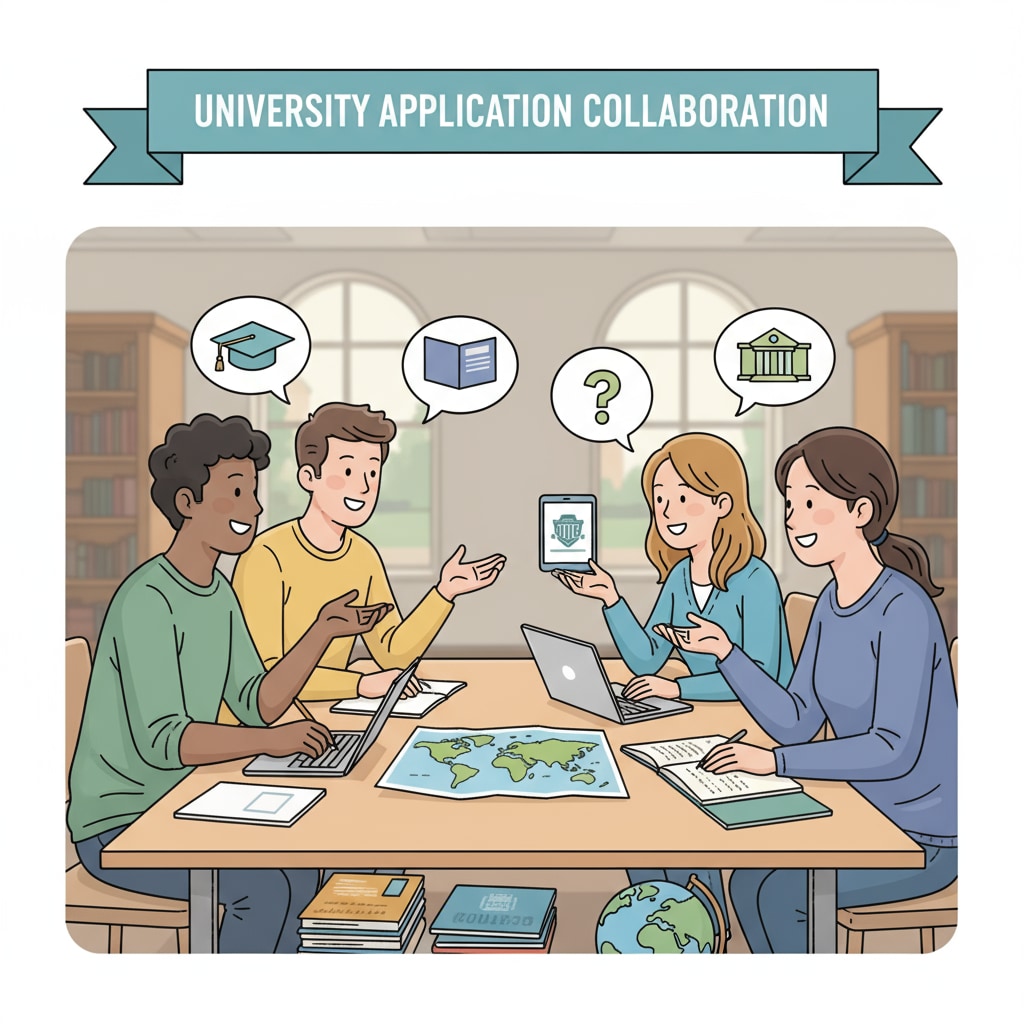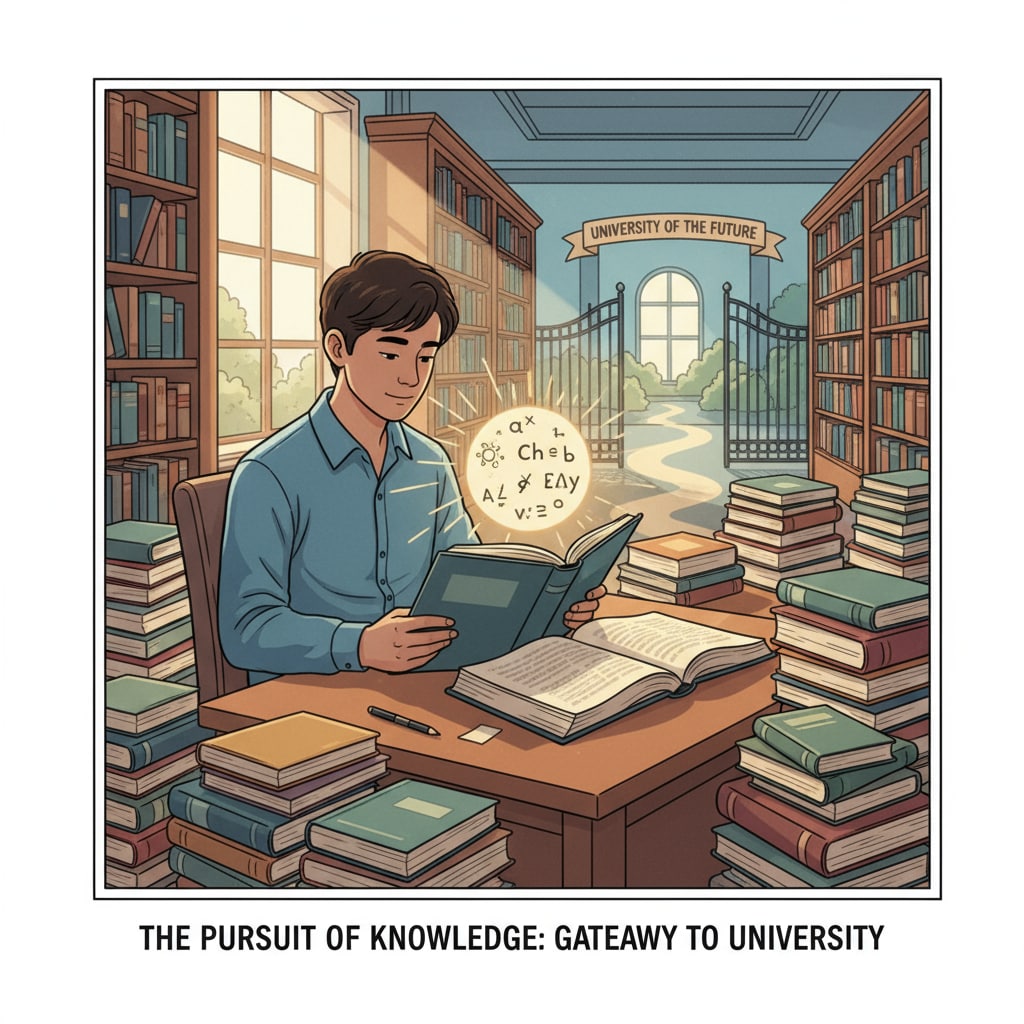University applications, scholarships, and extracurricular activities are crucial elements for students aspiring to study abroad. However, not all students have access to extensive extracurricular programs or the financial means to support their overseas education dreams. This article will explore strategies for K12 students to create a compelling university application even with these limitations.

Maximizing Online Engagement
In today’s digital age, the internet offers a wealth of opportunities for students to engage in meaningful activities. For example, students can participate in online academic competitions, such as the International Science Olympiad’s online preliminary rounds. These competitions not only demonstrate academic prowess but also show initiative and a passion for learning. Additionally, students can join online clubs or communities related to their interests. Websites like Reddit’s Academic Clubs provide platforms for students to connect with like-minded peers from around the world. By actively contributing to discussions, leading projects, or organizing events within these online communities, students can develop leadership skills and expand their network, all of which are highly valued in university applications.
Deepening Academic Knowledge
Academic performance is a cornerstone of any university application. Without the distraction of numerous extracurriculars, students can focus more intensively on their studies. They can take advanced courses, either through their school’s curriculum or online platforms like Coursera. For instance, taking a college-level course in a subject they are passionate about, such as computer science or literature, can set them apart from other applicants. Moreover, students can engage in independent research projects. This could involve reaching out to professors at local universities or conducting research on a self-initiated topic. By presenting their research findings in a well-structured report or presentation, students can showcase their critical thinking, problem-solving, and research skills, which are highly regarded by admissions committees.

Another important aspect is highlighting personal qualities. Admissions officers look for students who are well-rounded and have unique personalities. Students can write compelling personal statements that share their life experiences, challenges they have overcome, and their aspirations. For example, if a student has had to work part-time to support their family while maintaining good grades, this can demonstrate resilience, responsibility, and time management skills. Additionally, letters of recommendation can play a crucial role. Students should choose recommenders who know them well and can speak to their character, work ethic, and potential. A strong letter of recommendation can provide valuable insights into a student’s personal qualities and help them stand out in the competitive university application process.
Readability guidance: The article uses short paragraphs to present ideas clearly. Each section focuses on a key strategy for resource-limited students in university applications. Transition words like ‘however’, ‘for example’, and ‘additionally’ are used to make the flow smooth. Lists are not always necessary but are used when appropriate to summarize important points. The passive voice is minimized, and the language is kept at a level that is easy to understand while still being relevant to the topic of university applications, scholarships, and extracurricular activities.


